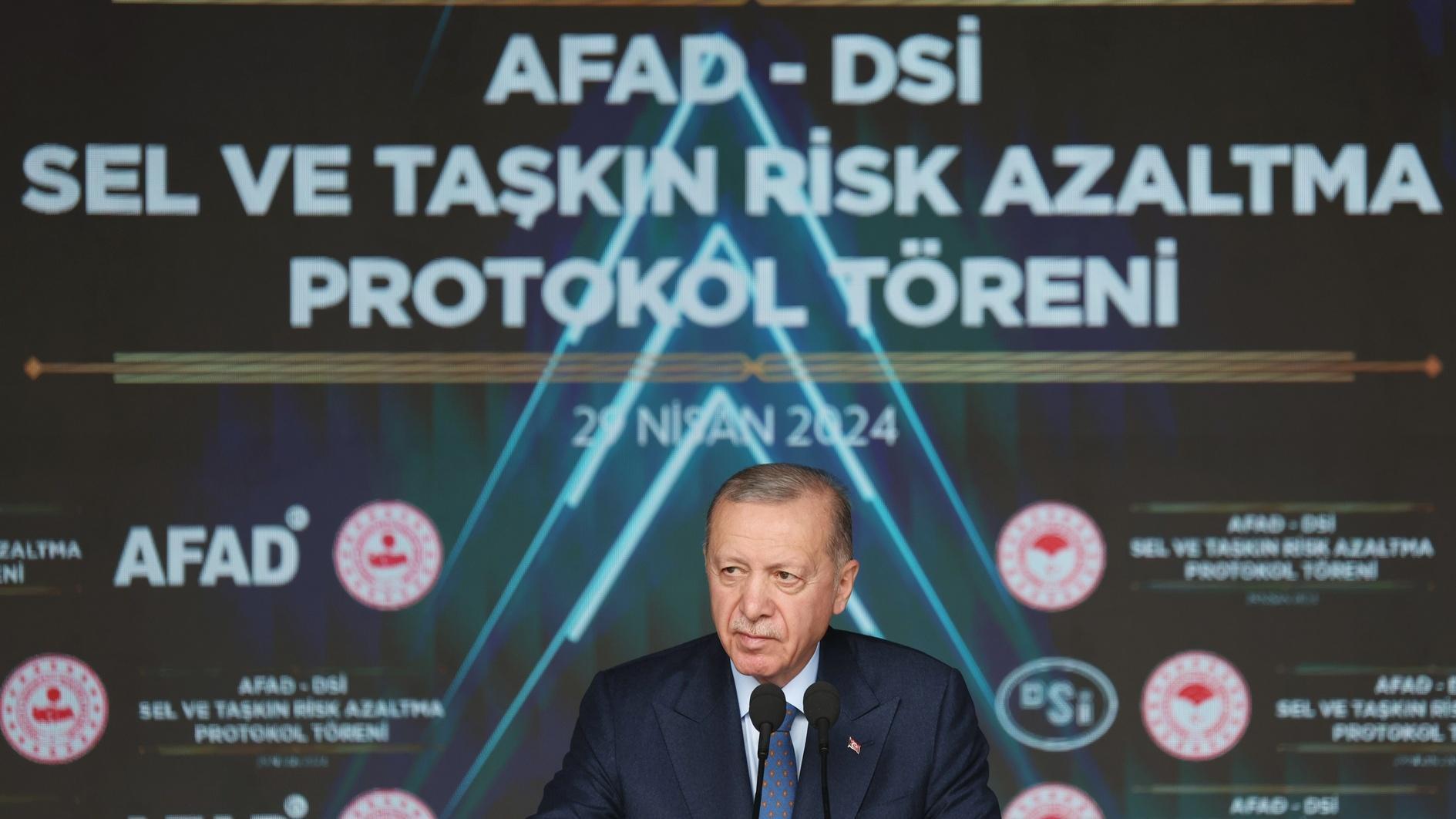The unbearable lightness of governing Turkey
Hakan Fidan, the chief of the National Intelligence Organization (MİT), has had to abandon his desire to run for active politics from the ranks of the Justice and Development Party (AKP), four weeks after he resigned from his job.
The reason for his backpedaling is President Recep Tayyip Erdoğan’s strong opposition and anger, something that Erdoğan has openly expressed through a number of public statements. His anger not only addressed Fidan; it also addressed Prime Minister Ahmet Davutoğlu, who did not listen to his consultations on the issue.
It is clear that the prime minister failed to exercise his power in nominating one of his most trusted men for parliament to work alongside him in the next government. Furthermore, as the opposition parties put it, President Erdoğan will not hesitate to impose his own tutelage on the government on such key issues. This pressure from Erdoğan will make life more difficult for the prime minister. One can argue that Turkey is perhaps seeing for the first time ever the weakening of the government at the hands of the president.
Apart from its political effects, Erdoğan’s move has also institutional consequences. Hakan Fidan was immediately appointed back to his position, despite some legal questions mainly voiced by the opposition parties. Putting the legal controversy aside, Fidan’s return to his position also has serious ethical and institutional problems.
Speaking to daily Cumhuriyet, Ziya Öneş, a former deputy undersecretary of the MİT, objected to Fidan’s return on the grounds that that would harm the institution. “I do not deem it correct to drag the MİT’s undersecretary into political polemics. Taking part in different political lines would cast a shadow on the institution’s impartiality. MİT undersecretaries should not appear as if they are taking part in politics. I do not find the re-appointment of someone who has been associated with politics to be right,” Öneş said.
His concerns are shared by the opposition parties, especially by the main opposition Republican People’s Party (CHP), which has also been strongly accusing elements within the MİT of conspiring against the party upon the instructions of President Erdoğan. Fidan’s four-week adventure into politics and the Erdoğan-Davutoğlu duo’s carelessness on the issue of state institutions has harmed the impartiality of the MİT.
Another institution suffering from Erdoğan’s recklessness is the Central Bank. However, unlike the MİT, interventions into the work of the Central Bank lead to barely repairable damage for the economy and harm the Turkish people. Erdoğan’s frequent and harshly toned statements have further fueled the economic tension in the country and caused the devaluation of the Turkish Lira. Prime Minister Davutoğlu convened his economic team on Tuesday, a day before Central Bank Governor Erdem Başçı was scheduled to brief Erdoğan on current economic developments. Erdoğan’s fight against Turkey’s key economic institution can hardly be explained by reason.
Having already proven that he is not an “ordinary” president following in the footprints of his predecessors, Erdoğan can be seen as the first head of the nation to leave aside his constitutional responsibility of being bi-partisan and at an equal distance from all political parties.
It may be said that Erdoğan’s ambition to rule the country on his own is speedily dragging Turkey into a crisis of governance. His unending struggle against the opposition parties, at the cost of weakening the prime minister; against key state institutions like the Central Bank and the MİT; and against those who oppose his views on democracy and the presidential system are obviously not contributing to Turkey’s stability and prosperity.











